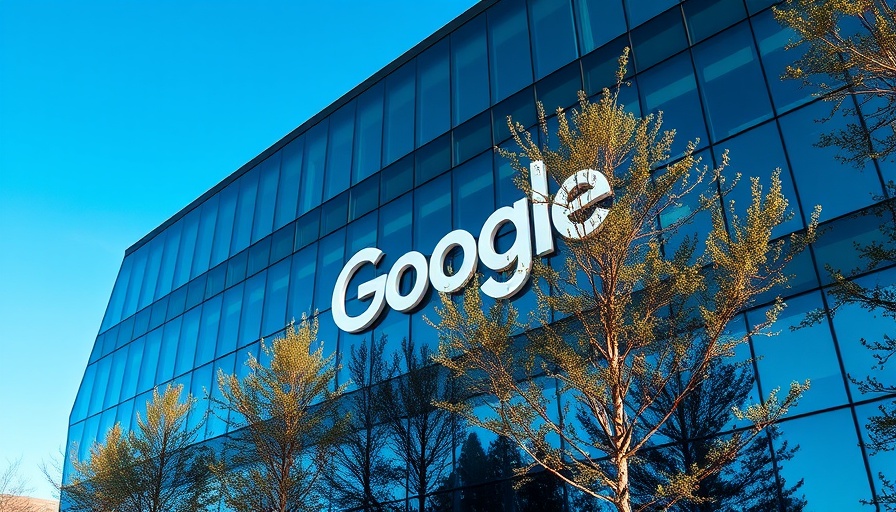
Tech Giants Rally Behind Cox: What It Means for Your Internet Service
In a surprising turn of events, tech giants including Google, Amazon, and Microsoft have thrown their weight behind Cox Communications in a crucial Supreme Court battle regarding a $1 billion copyright verdict. The outcome of this case could redefine liability standards for internet service providers (ISPs) and ultimately impact millions of consumers who rely on fast and reliable internet.
Understanding the Stakes
Cox Communications found itself embroiled in legal trouble when the Fourth Circuit Court concluded that the ISP could be held liable for the piracy activities of its users. This ruling raised concerns that ISPs might be forced to act as internet police, risking the loss of service to entire communities based solely on mere accusations of wrongdoing. The stakes are high: if the Supreme Court upholds the Fourth Circuit's ruling, ISPs could face overwhelming liability for the actions of a few bad actors, placing an economic burden on providers that could trickle down to consumers through higher prices and fewer options.
A Call for Caution: The DMCA and Its Implications
The tech companies, in their joint brief, cautioned that the Fourth Circuit had twisted the Digital Millennium Copyright Act (DMCA) into a tool for imposing liability rather than protecting ISPs collaborating with copyright holders. They assert that a “conscious, culpable conduct” standard is required for establishing liability. This isn’t just legal jargon; it’s a significant departure from how copyright infringement has historically been addressed on the internet.
Potential Outcomes: Empowering ISPs or Limiting Users?
The implications for consumers could be vast. Should the Supreme Court side with Cox, it could bolster the protection of ISPs, allowing them to operate without excessive fears of litigation based on user behavior. Conversely, a decision against Cox could lead to a landscape where providers tighten services, implementing more stringent measures to regulate user activity to avoid potential lawsuits. This potential shift in dynamic raises serious questions about accessibility and equity in internet service, especially for renters and homeowners who depend on these connections for daily tasks and lifestyles.
The Ripple Effect on the Digital Landscape
The decision will reverberate across the internet economy. As stated by the tech giants, the Fourth Circuit’s ruling threatens to create “illegitimate lawsuits” based solely on how providers handle infringement notifications. This could discourage innovation, posing a risk not only to businesses but to everyday users enjoying access to rich, diverse content online.
Your Voice Matters: Staying Informed and Engaged
For renters and homeowners who are considering their options for high-speed internet, understanding these developments is crucial. As the digital landscape evolves, being aware of how regulations and court decisions influence internet service can empower you to make more informed choices. It is essential to stay engaged with these issues, as they can directly impact your access to services you rely on.
 Add Row
Add Row  Add
Add 




Write A Comment